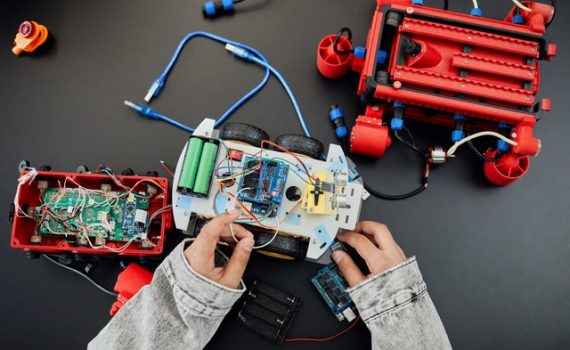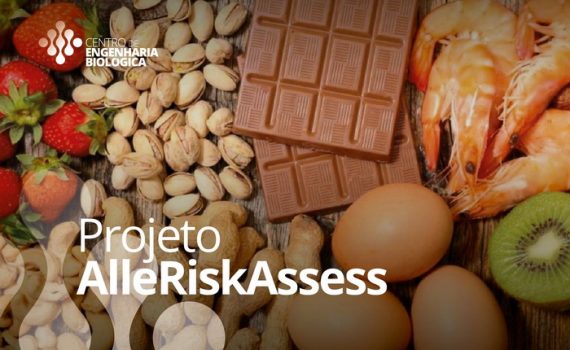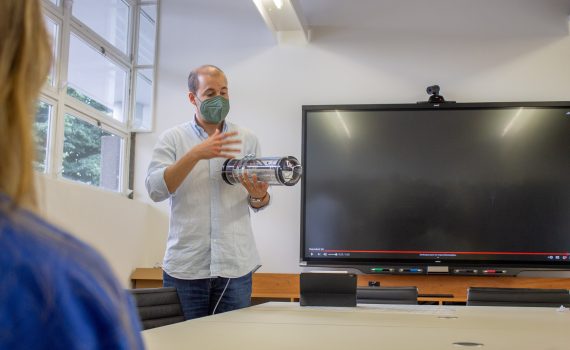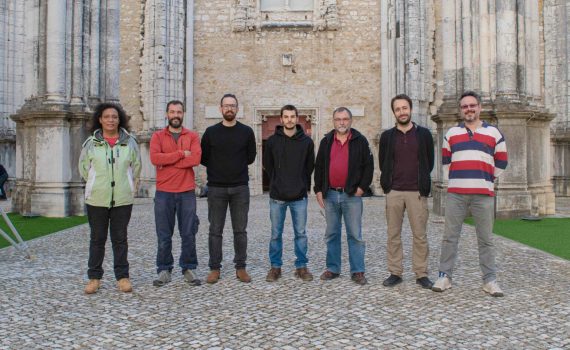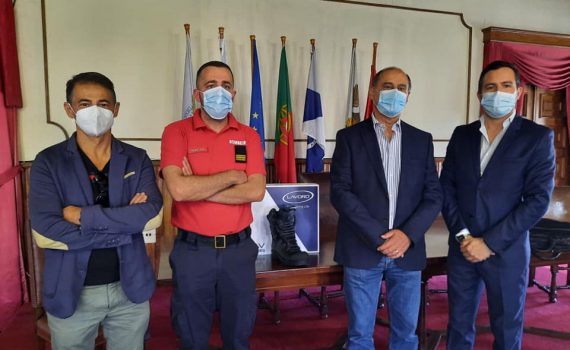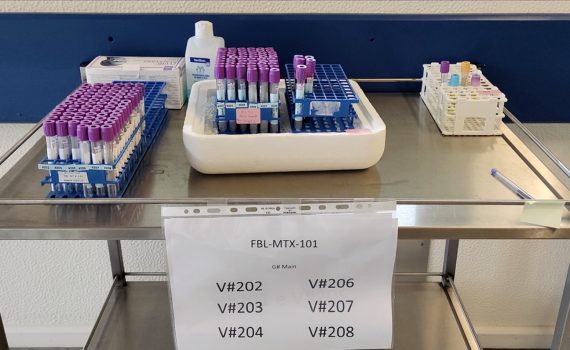Project “Railway 4.0” aims to develop innovative solutions for the railway market The Institute for Sustainability and Innovation in Structural Engineering (ISISE) of the School of Engineering is part of the project “Railway 4.0”, which aims to develop different components, tools and systems, to be tested in real vehicles and […]
Projects
The High-Assurance Software Laboratory (HASLab) of the School of Engineering is the coordinator of the SpecRep (Constraint-based Specification Repair) project, which aims to promote the correct formal specification of software components necessary for the development of reliable software. This type of software is increasingly used in critical systems, that is, […]
The High-Assurance Software Laboratory (HASLab) of the School of Engineering will develop solutions that will allow Wide Area Networks (WAN) communications networks to adapt, in real time, to the availability and source of electricity, giving priority to renewable sources. The FLEXCOMM project (Towards energy-aware communications: connecting the power grid and […]
New tool reduces the cost of robots and increases their reliability and safety Whether to clean our homes, manufacture products or even disable bombs, robotics is increasingly used, as it performs tasks faster and more efficiently. Focusing on the development of safer high-quality robotic applications, with lower costs, the Institute […]
The Deucalion supercomputer, to be installed in Minho Advanced Computing Centre (MACC), will thus operate in the most sustainable way possible The project’s main goal is to develop an innovative energy management solution that allows the operation of a supercomputer more sustainable, which analyzes the degree of emissions of electricity […]
The High-Assurance Software Laboratory (HASLab), a research centre of the School of Engineering, coordinates the project “Quantitative methods for cyber-physical programming: reasoning precisely about inaccuracies in cyber-physical behaviour”, which aims to develop mathematical methods for modelling and analysing inaccuracies in cyber-physical software. Cyber-physical systems are a critical part of Industry […]
The ash and gases released by the erupting volcano were used to test the probes that CMEMS researchers are developing The CMEMS – Center for MicroElecrtoMechanics Systems of the School of Engineering is developing a project that aims to contribute to better atmospheric and oceanic monitoring, developing a doubly innovative […]
The AlleRiskAssess project also aims to produce an innovative test that can be used as a standard for assessing the presence of allergens in food products If there are more Portuguese with severe food allergies, as Alimenta – Portuguese Association of Food Allergies and Intolerances warns, what can be done […]
Alexandre Ferreira da Silva, Assistant Professor and Researcher at the CMEMS (Center for MicroElectroMechanics Systems) of the School of Engineering leads one of the six projects approved in the call for Exploratory Projects of the CMU Portugal Program. The “PROMETHEUS” project aims to provide a low cost platform for a […]
What was the church of the Carmo Convent, in Lisbon, like before the 1755 earthquake? A European team led by the School of Engineering University of Minho presented, on the 18th december, a mobile app and a book that allow us to see the invisible. For example, they “rebuild” the […]
SizeFF Portugal – Anthropometric Study of Firefighters is the name of the project being conducted at 2C2T – Center for Textile Science and Technology, School of Engineering, UMinho, which aims to design individual protection equipment tailored to Portuguese firefighters, giving them greater protection, functionality and comfort. The focus of the […]
EEUM team hopes to reduce current injection from weekly to monthly and with fewer side effects for patients. The School of Engineering at UMinho – through the Center for Biological Engineering (CEB) and the spin-off company Solfarcos – with support from BlueClinical and Bluepharma, successfully completed the first clinical trial […]



